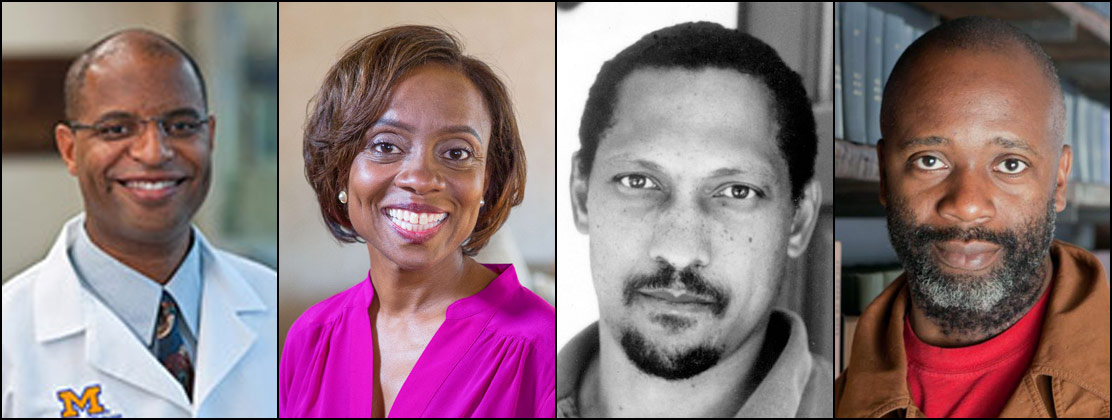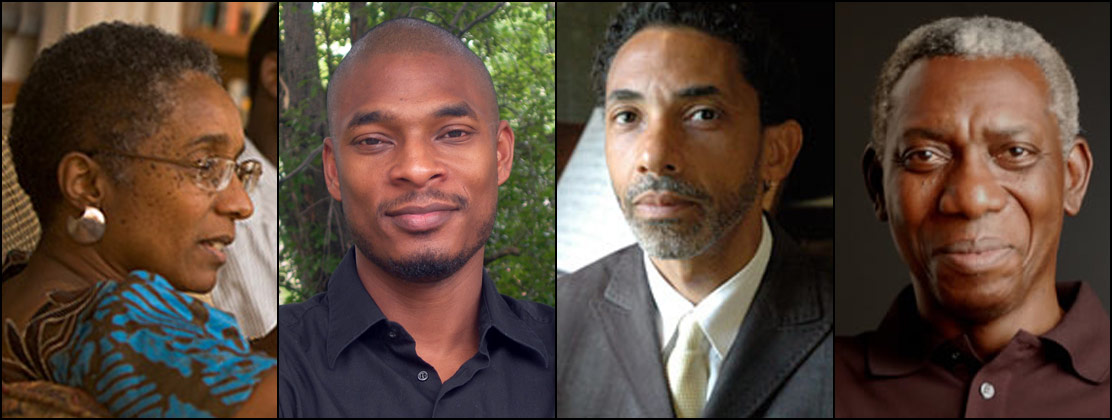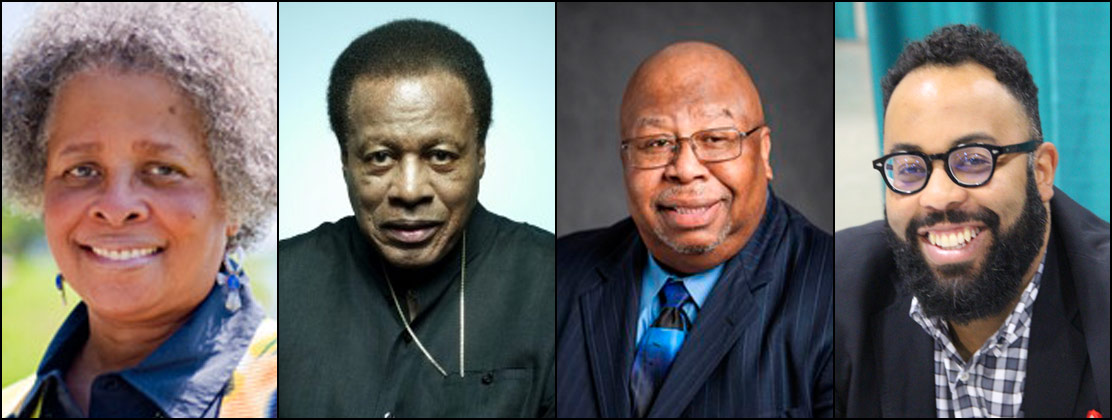 The American Academy of Arts and Sciences (AAAS) recently announced the selection of 213 new members, including 37 new fellows from foreign nations. Membership in the academy is offered to leaders in the natural sciences, social sciences, humanities, arts, business, public affairs, and the nonprofit sectors.
The American Academy of Arts and Sciences (AAAS) recently announced the selection of 213 new members, including 37 new fellows from foreign nations. Membership in the academy is offered to leaders in the natural sciences, social sciences, humanities, arts, business, public affairs, and the nonprofit sectors.
The academy was founded in 1780. Members have included George Washington, Benjamin Franklin, Margaret Meade, and Martin Luther King Jr. The current membership includes more than 250 Nobel Prize winners.
The American Academy of Arts and Sciences does not disclose the racial or ethnic makeup of its membership. But through an analysis of the list of new fellows conducted by JBHE, it appears that 14 of the new members of the AAAS are African Americans. Thus, African Americans are nearly 8 percent of all new American fellows in the academy. Twelve of the 14 new Black members have current ties to the academic world.

John Michael Carethers is a professor of internal medicine at the University of Michigan School of Medicine. He received his medical degree at Wayne State University in Detroit. Dr. Carethers is a specialist in gastroenterology.
Jennifer L. Eberhardt is an associate professor of psychology at Stanford University in California. Dr. Eberhardt has been affiliated with Stanford University since 1998. Previously, she taught at Yale University. Dr. Eberhardt is a graduate of the University of Cincinnati. She holds a Ph.D. from Harvard University.
Percival Everett is a Distinguished Professor of English at the University of Southern California in Los Angeles. Before joining the faculty at USC, Professor Everett taught at the University of California, Riverside, the University of Notre Dame, and the University of Kentucky. He holds a master’s degree from Brown University.
Theaster Gates is a professor of visual arts and director of Arts & Public Life at the University of Chicago. Professor Gates holds bachelor’s and master’s degrees from Iowa State University. He earned a second master’s degree in fine arts and religious studies at the University of Cape Town in South Africa.

Sandra E. Greene is a professor of history at Cornell University. A graduate of Kalamazoo College in Michigan, she holds a master’s degree and a Ph.D. from Northwestern University in Evanston, Illinois. Dr. Greene is the author of West African Narratives of Slavery Texts from Late 19th and early 20th Century Ghana (Indiana University Press, 2011).
Terrance A. Hayes is a professor of English at the University of Pittsburgh. He joined the faculty there in 2013. Professor Hayes is a graduate of Coker College in Hartsville, South Carolina. He earned a master of fine arts degree from the University of Pittsburgh.
Robin D.G. Kelley is the Gary B. Nash Professor of American History at the University of California, Los Angeles. Among his many books is Africa Speaks, America Answers: Modern Jazz in Revolutionary Times (Harvard University Press, 2012). A graduate of California State University, Long Beach, Professor Kelley holds a master’s degree and a Ph.D. in history from UCLA.
Yusef Komunyakaa is the Global Distinguished Professor of English at New York University. Professor Komunyakaa holds bachelor’s and master’s degrees from Colorado State University and a master of fine arts degree in creative writing from the University of California, Irvine. He has published several books and poetry collections including Neon Vernacular: New and Selected Poems (Wesleyan University Press, 1993), which won the Pulitzer Prize.

Carol D. Lee is the Edwina S. Tarry Professor of Education and Social Policy at Northwestern University in Evanston, Illinois. Professor Lee is a graduate of the University of Illinois and holds a master’s degree and a Ph.D. in education from the University of Chicago.
Wayne Shorter is a professor of music at the University of California, Los Angeles. Professor Shorter has won eight Grammy Awards. He is a graduate of New York University.
Isiah M. Warner is the Phillip W. West Professor of Chemistry and vice president for strategic initiatives at Louisiana State University in Baton Rouge. Dr. Warner is a graduate of Southern University in Baton Rouge. He earned a Ph.D. in chemistry from the University of Washington.
Kevin L. Young is the Charles Howard Candler Professor of English and Creative Writing at Emory University in Atlanta. He is the author of several poetry collections including Book of Hours (Alfred A. Knopf, 2014). Professor Young is a graduate of Harvard University and holds a master of fine arts degree in creative writing from Brown University.
In addition to these 12 academics, Mellody L. Hobson, the president of Ariel Capital Management, and Glenn Ligon, a New York City-based artist, were also selected as AAAS members.


I subscribed to Black Issues in Higher Education from the 1980’s until the publication went out of business. Working in Student Affairs at Boston University, I also subscribed to Chronicles of Higher Ed, by the turn of the century, it was too expensive to continue. For the past 27 years, I hace worked for METCO, the Public School’s Voluntary Desegregation Program in Massachusetts. Our 50th Anniversary, 1966-2016, is this September. Annually I request the August Almanac from Chronicles and your website came up-I am so happy and will be sharing you with my colleagues.
3,300 African American, Latino, and Asian students are bused from Boston to 30 suburban school districts. There are 30 Directors, METCO Director’s Association (MDA) predominantly African American, and depending on the size of the district there are, Academic Specialists, Guidance Counselors, Tutors, Social Workers, etc..
Annually, for 33 years, the MDA has sponsored an all day Educator’s Conference, every first Friday in December, providing Professional development to the 99% white teaching population of our children.
We are members of NABSE. BEAM, and many other professional organizations.
Sincerely,
Diane Wiltshire, M.Ed.
METCO Director, K-12
Belmont Public Schools
221 Concord Avenue
Belmont, MA 02478
Black Issues in Higher Education did not go out of business. It changed its name to Diverse Issues in Higher Education.